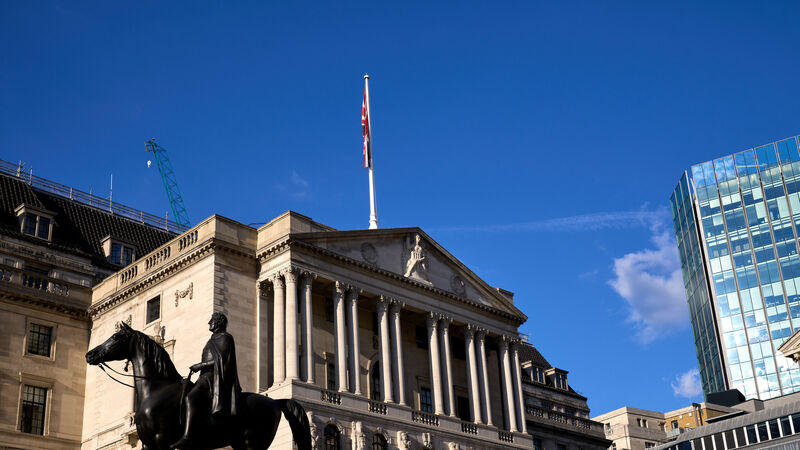Bank of England reassures over exit of bond-buying programme

The Bank of England waded into Britain's €2.4trn gilt market to stop panic selling of long-dated bonds.
The Bank of England will gauge the health of Britain's government bond market before it unwinds the emergency intervention it launched after the UK government's new economic plan sparked upheaval.
It comes as Britain's credit outlook was lowered to negative from stable by Fitch Ratings, which cited risk that the UK government’s new growth plan could increase its fiscal deficit.










